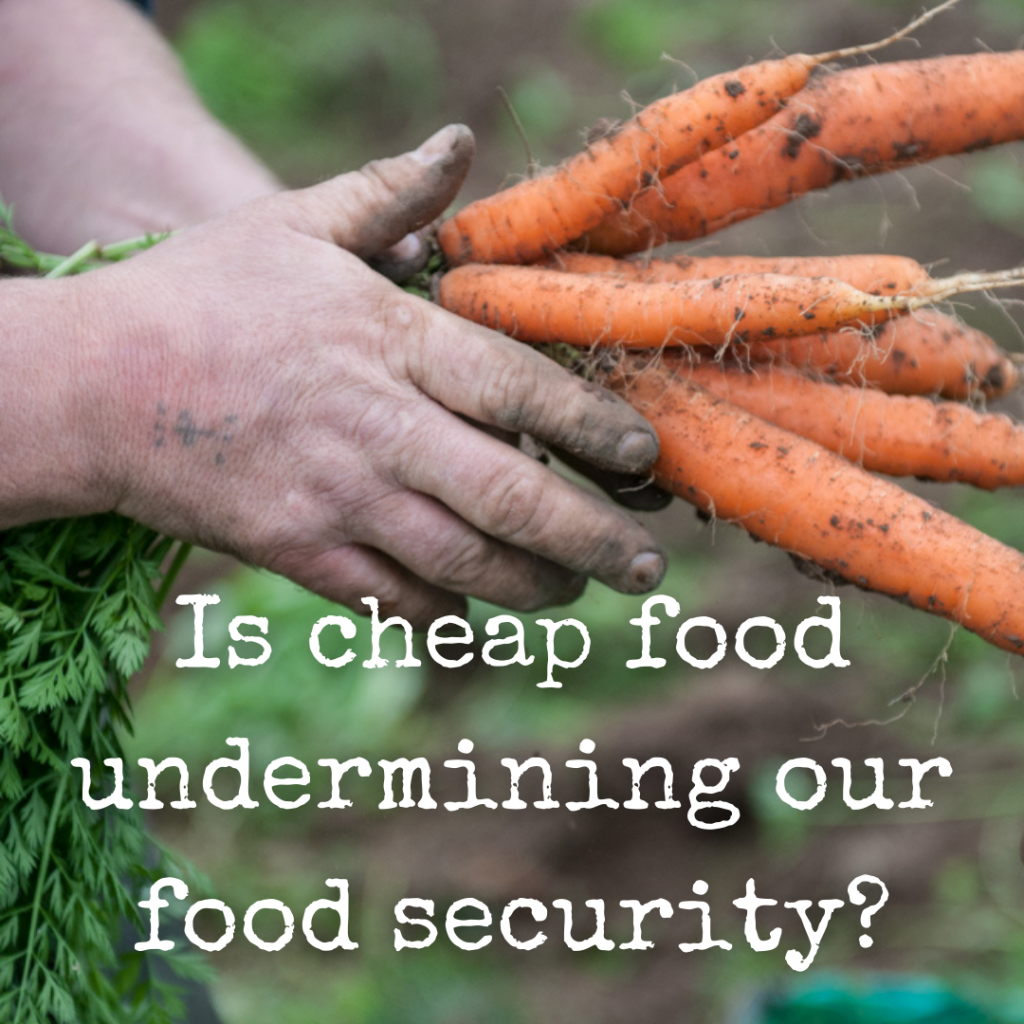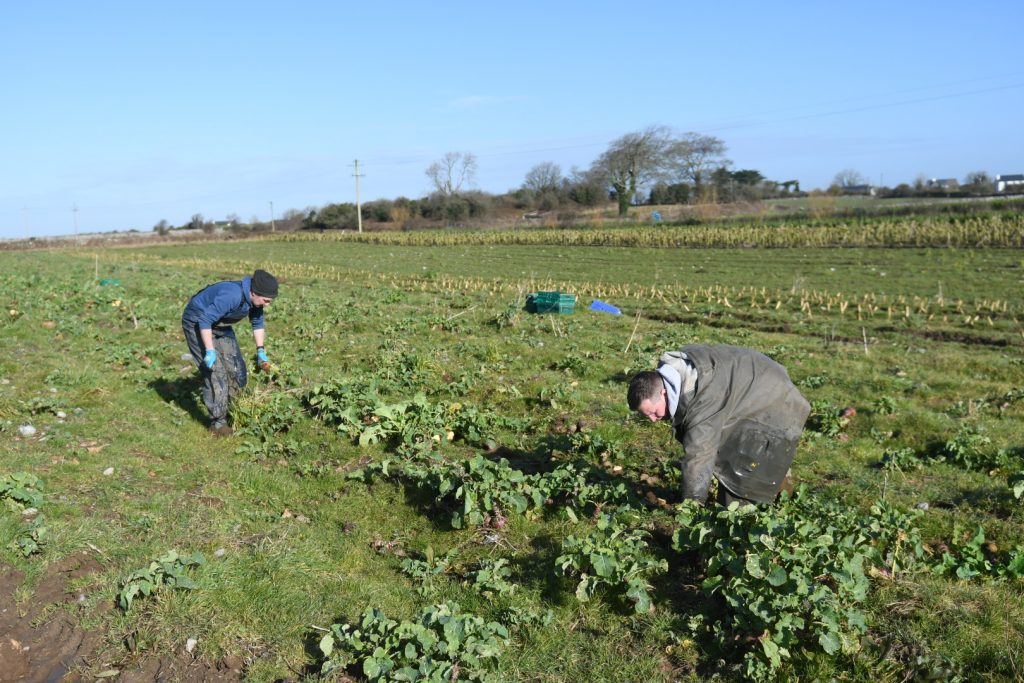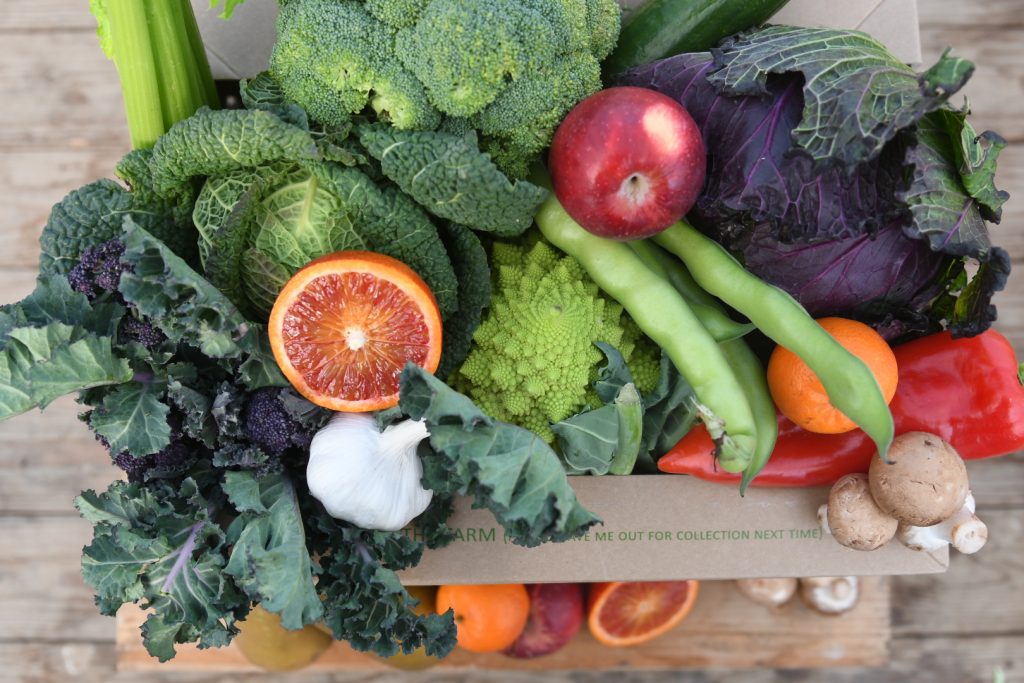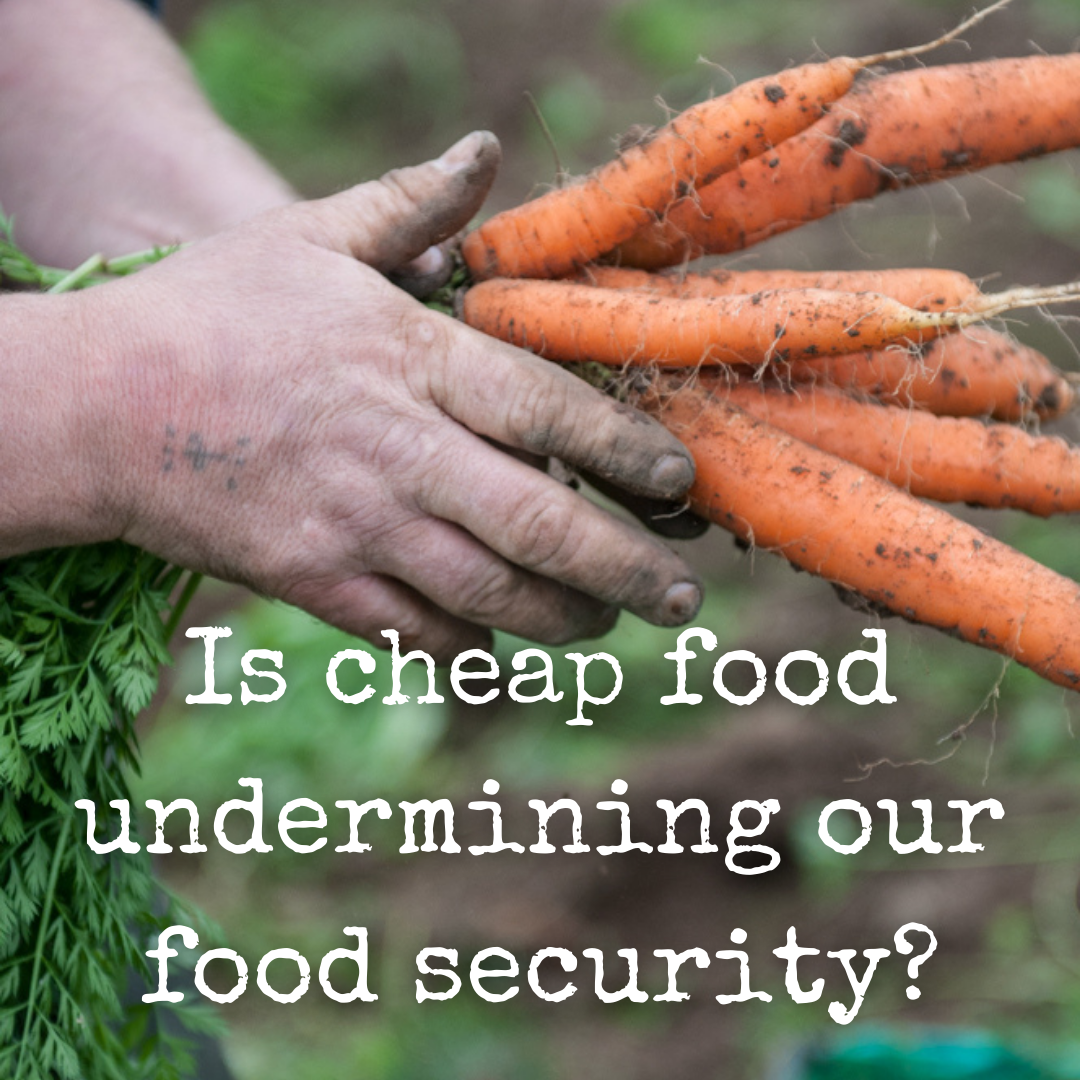
This was a piece I was asked to write for the Sunday Times last weekend:
The start of a new growing season is upon us, and it always fills me with a sense of hope for the future. The plants will grow, and in a few short months we will be harvesting some of Ireland’s finest bounty. As with many growers, and food producers up and down the country this is a key time, but this year it feels different; the costs of producing food are skyrocketing, there is a sense of nervousness, the price of inputs are up and at the same time there is a squeeze on prices to meet the demands of the big retailers. And sometimes the sums just do not add up.
What does all this mean for a little country that is intensely reliant on food imports for its survival? As a food producing nation it seems we actually produce relatively little of what we eat, importing a staggering 77% of our food. We have been concentrating and focusing for many years now on developing an intensive and export driven meat and dairy industry, and as the intensification of the industry has accelerated, it has become more reliant on imported grain to sustain the national herd, with 60% of said grain imported. That equates to 3.47 million tonnes of grain feed imported into Ireland every year to feed our animals.

Our food security as a nation has been brought into the limelight as Charlie Mc Conalogue the minister for agriculture stated during the week.“Food security is really important over the next number of weeks and months and it is something we have to work together on.” Well Charlie, I think it is pretty important just about all the time, and it is unfortunate that the tragic events of the last month are required to bring what food we produce and how we produce it onto centre stage.
Irish farmers were asked last week to consider the idea of growing grain and fodder crops to help feed our population and our burgeoning dairy and beef herd. But the necessary skills cannot be magicked up over-night, it takes time, specialised machinery and experience to learn to grow crops on a reasonable scale.

It’s a pity then that Charlie does not turn his focus on the below cost selling practice by supermarkets which has weakened our non-export focused food industry and is causing more primary food producers to struggle to sustain their enterprises. The Jim Powers economics report published this week, states that retail prices compression threatens the viability of Irish horticulture which could lead to even more reliance on imports to feed our nation. The most recent national field vegetable census showed that the number of field vegetable growers fell from 377 in 1999 to 165 in 2014. That is a contraction of 56%
These skills are lost for ever, and once they are gone are difficult to replace.
If we don’t want to end up being a nation even more reliant on imports maybe we should shift our focus from an export dominated beef and dairy industry, to an industry that produces more crops destined for consumption at home and pay the farmer a fair price for the food. Surely that would allow us to invest and build a more secure and resilient food system.
Kenneth


